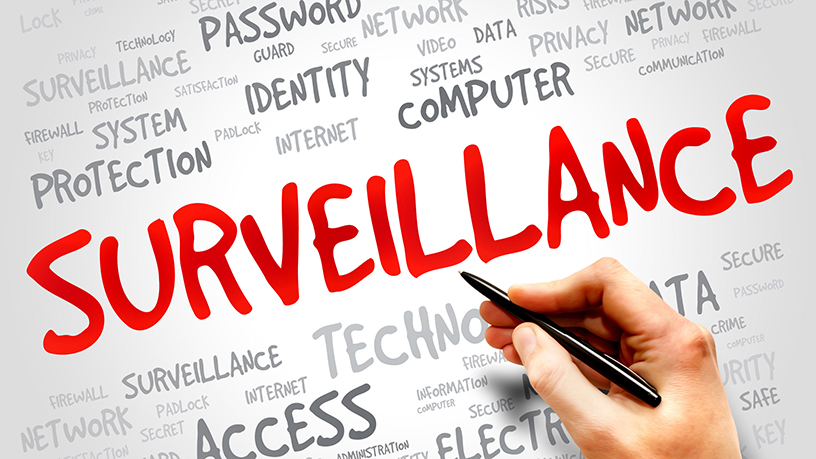Right2Know takes RICA fight to Parliament
This article below was published by itweb.co.za
By SAMUEL MUNGADZE, Senior news journalist

An alliance of civil society organisations, the Right2Know Campaign (R2K) has upped the ante in its fight for the right to privacy by picketing outside Parliament, highlighting to lawmakers that the surveillance law has failed to protect citizens’ constitutional right to privacy.
R2K will also join investigative news outlet amaBhungane at the Constitutional Court on Monday next week, where state security minister Ayanda Dlodlo is appealing a High Court judgement that invalidated parts of surveillance law, the Regulation of Interception of Communications and Provision of Communication-Related Information Act (RICA).
RICA is a South African law that regulates the interception of communications and associated processes, such as applications for and authorisation of interception of communications.
The law came into effect on 22 January 2003, when it was published in the Government Gazette.
Sections of the RICA Act were declared unconstitutional by the North Gauteng High Court in September last year, after news outlet amaBhungane filed an application challenging the constitutionality of the Act after its journalist Sam Sole’s communications were intercepted while he was reporting on the corruption investigation against former president Jacob Zuma.
AmaBhungane had argued that RICA lacks necessary safeguards to protect the public’s right to privacy, saying the current regulations lack protection for journalists and their sources.
The news outlet added that if a subject has been placed under surveillance, they should be notified once the surveillance has been concluded, thereby safeguarding the principle of open justice.
The state security minister and the minister of police appealed the judgement.
The police minister appealed order one of the judgement on post-surveillance notification, arguing RICA is in line with other foreign jurisdiction, particularly the United Kingdom, Canada, New Zealand, Australia and the European Union.
Now, R2K says it remains convinced the High Court judgement will be upheld and that the Constitutional Court will make a determination even on one of the areas it felt the High Court erred in deciding on.
This, it says, is the gathering of and arbitrary use of metadata by service providers and it will make arguments to the Constitutional Court to make a pronouncement on this.
“RICA’s requirement that telecommunication users’ metadata – information about when, where, how and with whom they communicate – be stored for years is a massive and systemic violation of the rights of all South Africans who use digital communication,” says R2K.
Furthermore, it says: “In this case, the state has asserted it has the power to mandate telecommunications providers to store metadata about South Africans’ phone calls, SMSes, e-mails and Internet activity for up to five years. This includes the location from which those communications were made and the subject lines of e-mails, which often indicate the content of the message.”
R2K insists that RICA has failed to protect citizens’ constitutional right to privacy.



